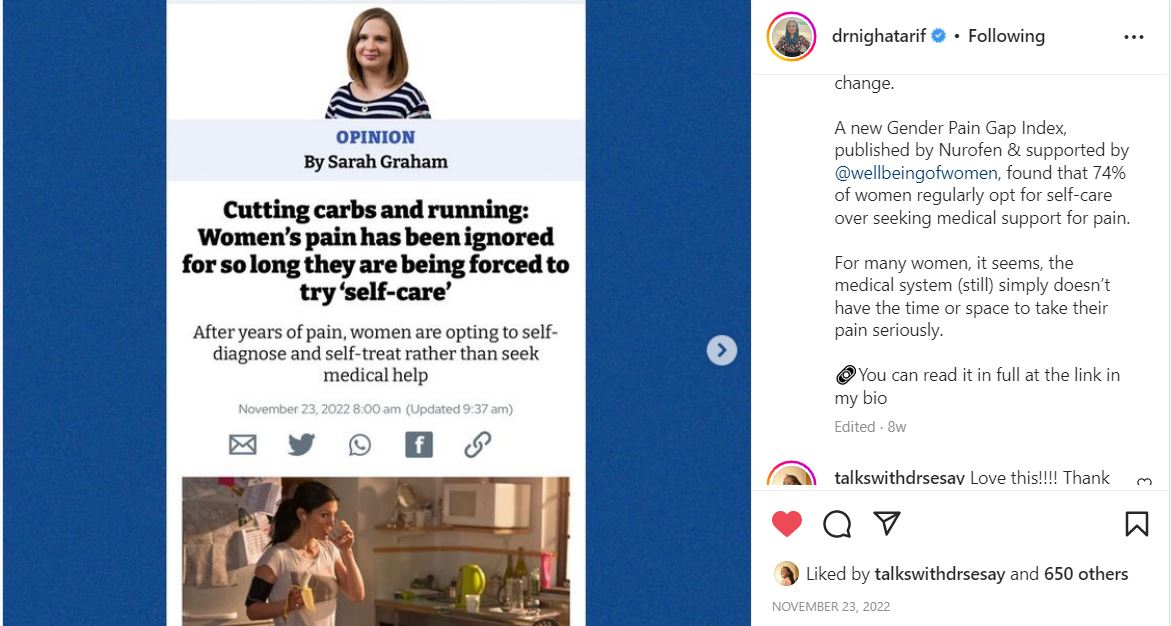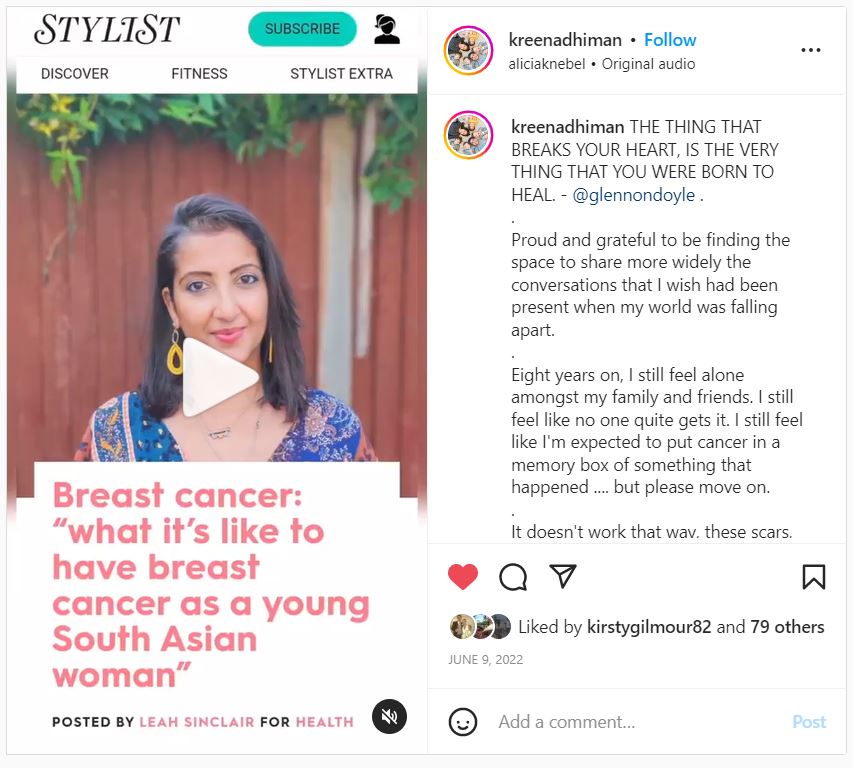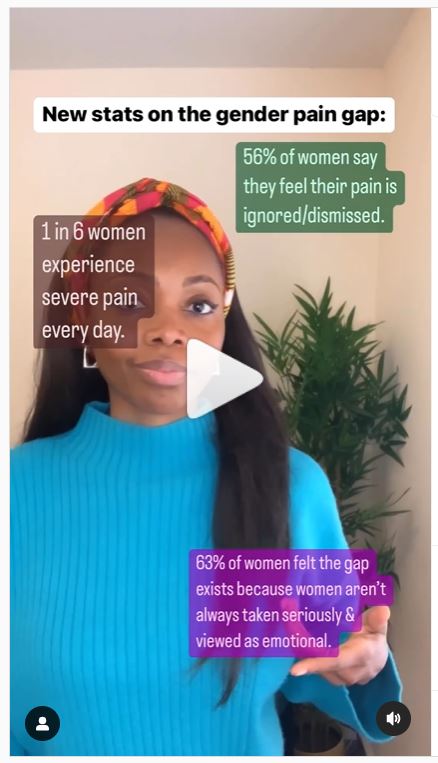Creativity? Find a job that lets you play with what you love
By Amanda Moulson, Executive Director, Virgo Health
Virgo Health’s Amanda Moulson shares the secret to nurturing your creativity.
I’ve felt lucky in my career to be branded as ‘creative’ – a brand that becomes self-fulfilling when ideas are requested in various brainstorms, workshops, or in the on the fly ‘hey can I just grab your brain for a minute?’ chats. As someone with this label, I am often surprised when people say, ‘I’m not creative’, or when I read self-assessments in which my colleagues worry that they are not creative enough.
Nonsense.
We are all creative. Because creativity is about solving problems in unique and novel ways. And we can explore all those ways when, to paraphrase psychiatrist Carl Jung, the creative mind plays with what it loves.
What do you love? It can be as ‘basic’ or intellectual as you like. Tik Tok, Emily in Paris, dogs, rugby, Proust. Any or all – and the more the better. These references are the jumping off points for ideation, so never hesitate to bring what you love to your workplace.
Me? I love words. I love reading. Once I read a book, I deeply dive into its subject matter and those ideas re-emerge in ideation (my team will not forget the ‘gaming phase’ that followed my read of the truly spectacular Tomorrow, and Tomorrow, and Tomorrow). I also love the feeling of being astonished by a sentence that expresses a universal notion but in the most incisive possible way, and I am inspired to work my own copy to that point of precision in my daily work at Virgo.
Virgo, a healthcare communications agency, zodiacally-destined to be organised and professionally obligated to be analytical, evidence-driven and compliant. Where’s the creativity in that?
Well, I’m glad you asked.
Sure, we ‘healthcare people’ deal in the left-brained stuff. But remember, we can be creative with maths; it is about relationships. We can be creative with science because what is science if not a study of creation? We can be creative about how we communicate about data because data is the currency of the modern world. And we can be creative about healthcare because there is no space more deserving of inventive problem-solving than the one that, when fine-tuned, allows all of us to thrive in every possible way.
Thriving itself is an outcome of creativity – of imagining the new and the better possibilities for the things and the people you love (self-included). So, whether at work or at play, I beg you, find what you love. Shout about it to whoever will listen and surround yourself with people that protect and nurture those things. Trust me, it really is going to make those ‘hey can I just grab your brain for a minute’ chats that much more fun!


